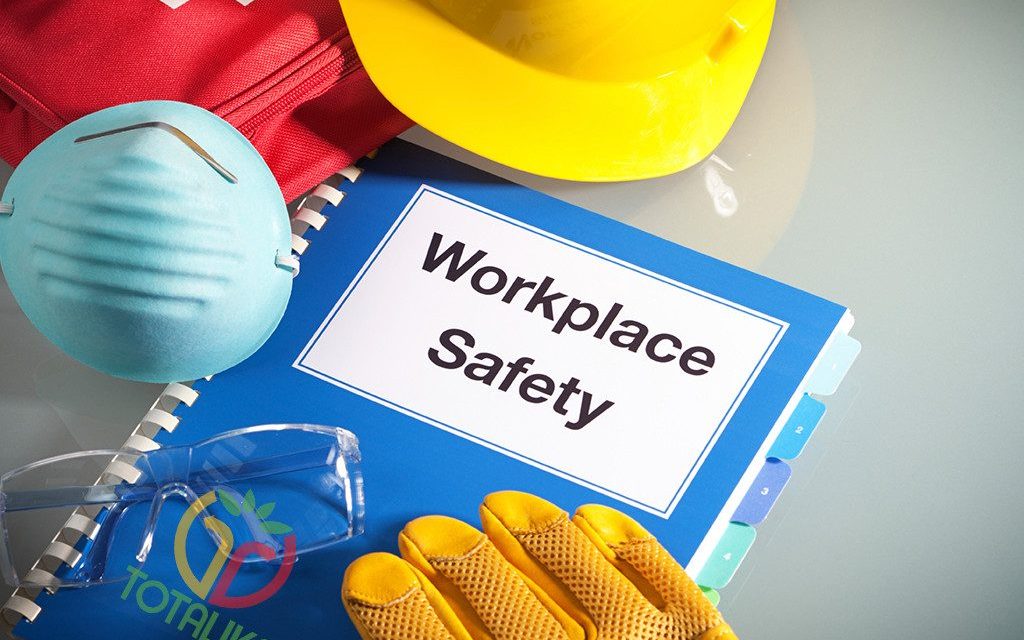The collapse of the bigger manufacturing companies in the country paved the way for smaller, scrappier firms. With barely enough resources to stay afloat, the bottom line became these firms’ only concern with worker safety only becoming an issue after the occurrence of an accident. Accidents are not the only dangers which workers are exposed to on a daily basis in their workplaces; there are those conditions which only affect workers’ health after extended periods of exposure.
These are often overlooked and allowed to slowly take their toll on workers who are oftentimes working for companies with poor health benefits and no pension schemes. These safety oversights and malpractices are nowadays slowly climbing their way up to bigger companies. Even foreigners who are opening up new factories in the country are now deliberately overlooking worker safety because this has become the norm.
In most of these cases, worker safety is neglected in the name of staying lean and subsequently increasing profits. It is therefore fortunate for the workers, employers and society at large that proper safety practices far from causing a dent in a company’s profitability can instead improve it. In this piece, we are going to investigate some of the ways in which proper workplace safety standards can improve profits or at least prevent losses.
Improved efficiency and productivity of workers
A safer work environment allows employees to work faster without the constant fear of injury that an accident-prone workplace can inspire. The same practices that improve safety also have the effect of streamlining operations and reducing waste.
Minimize downtime
Accidents can halt work as the mishap is being investigated and its cause is being ascertained. A company can lose a lot of money in lost production time if it is forced to suspend operations in this manner. Aside from being a tragedy, fatal accidents are worse since your place of work can potentially become a crime scene.
Attract better staff
A workplace with prevalent accidents will only attract and leave you with those employees who are desperate. These are seldom your star employees. Better employees will slowly move out of your company for the sake of their own health. In addition, lax safety standards usually also mean a dirty and untidy work environment (since, again, profit is your only concern). Some of the best employees you can get are those with experience, have worked at bigger companies and have probably seen better workplaces and are more likely to be put off by yours. An untidy and hazardous work environment can also chase away potential clients and business partners.
Improved employee morale
A safe workplace where the employer displays concern for his workers’ welfare can do wonders for morale. Compare this with a company with a poor safety record. Worker morale suffers if accidents and injuries are as frequent as paychecks. No one likes to work in a death trap. A demoralized workforce will result in high employee turnover.
Avoid steep insurance premiums
An unsafe environment not only puts workers at risk but can also put expensive machinery in harm’s way. If your insurance provider is forced to pay too many compensation claims either for injured workers or damaged machinery your premiums are more likely to get bumped up.
Avoid lawsuits
Injuries and illnesses caused by a poor working environment can also attract legal nightmares from both affected workers and authorities. These can jeopardize the future of your company. By deliberately overlooking the safety of your workers you are increasing the likelihood of also inadvertently contravening some other regulations. Unforeseen fines and lawsuits can end up costing so much more than the implementation of safety best practices would have. If you are unfortunate these expenses may overwhelm your company and end it for good.
Avoid unanticipated payroll
When a worker is injured or comes down with any other health problem that is a result of the environment they were exposed to at the workplace, you will be forced to pay more money into the payroll. Among other things, you may have to pay overtime to existing workers whose workload has suddenly increased because of the loss of a staff member due to an injury. You may also need to spend time and money training a replacement.
Maintain a good reputation
Nowadays you do not need the attention of big news publications to become infamous. If enough of your workers tell cringe-worthy stories about the working conditions in your company you will find yourself in the midst of an unmanageable PR disaster. While ‘disaster’ may sound like an overstatement (especially for smaller firms) those stories about your company which find their way onto the internet will become the bulk if not the entirety of your digital footprint. A lot of the companies and individuals you may wish to do business with in the future will frown upon these and assume that they are a sign of lack of professionalism.









very useful article thank you
Thank you for the feedback Brian.